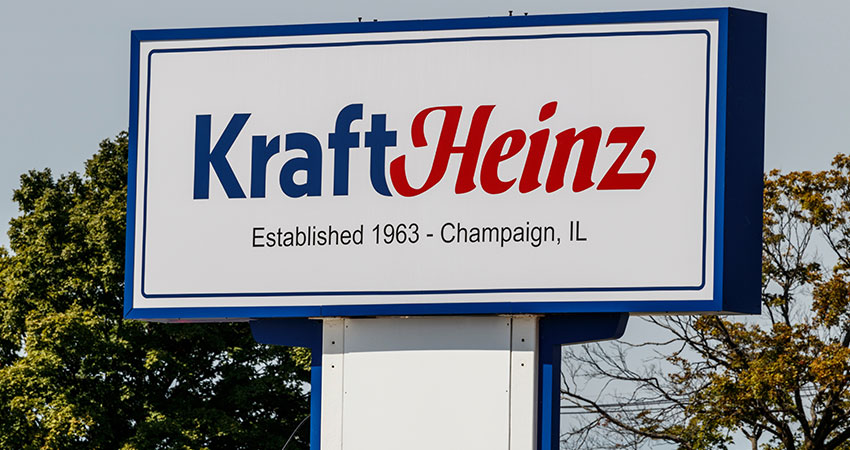Evolv Ventures, the investment arm of CPG giant Kraft Heinz, has joined a $110 million funding round in automation and robotics firm Fabric with an undisclosed investment, in part to tap into Fabric’s expertise and capabilities in ecommerce and apply it to the B2B world.
While Fabric has yet to announce any U.S. customers, that is coming soon, the company said. It relocated its headquarters from Tel Aviv, Israel to New York last fall to focus on the U.S. market, particularly grocery and general merchandise. It opened a micro-fulfillment center in Israel in 2018 processing 600 orders a day out of 6,000 square feet and fueling one-hour deliveries.
“Fulfillment is one of the largest issues holding back profitable ecommerce operations for retailers today,” said Bill Pescatello, managing partner of Evolv Ventures in a release. “We believe the solution lies in more effective technology and automation, and Fabric has the technology, team and resources to lead this transformation. This investment is another example of our dedication to game-changing technologies that unlock the potential of ecommerce in the retail space and our continued commitment to ensure Kraft Heinz products are available in as many channels as possible, so they can be delivered to end consumers in the most convenient and efficient manner.”
Steve Hornyak, chief commercial officer for Fabric, said Kraft Heinz sees the investment as a way to keep track of trends and developments in retail and technology, particularly in ecommerce.
“They’re also looking at how this type of on-demand fulfillment can be leveraged in B2B,” Hornyak said. “Fulfillment of stores (by CPGs) is a massively complex, costly process that is prime for disintermediation. That is one of the areas they’re interested in. They also want to stay on top of trends, including how (DTC) consumers get products and how products move through the ecommerce supply chain.”
For instance, Hornyak said, there can be ways to leverage MFC capabilities and shorten the B2B cycle from order to fulfillment and reduce costs. “It can allow (retailers selling CPG goods) to be more ecommerce-like in stocking shelves,” he said. “In the back of their mind, they want to keep on top of trends like retailers becoming CPGs (through selling white-label store brands) and CPGs becoming more like retailers. It’s coopetition, the tension between them.”
The funding is being used to build out Fabric’s execution teams in sales and marketing and operations to meet demand. With the exception of Israeli founder and CEO Elram Goren, Hornyak said many of the top executives are U.S. based with long experience in retail. “We want to make sure we can hire and staff and support our platform,” he said.
Hornyak said Fabric sells its equipment to major grocers, but can also provide MFC as a service, 3PL like, to other sectors including general merchandise categories such as health and beauty, with single or multi-tenant situations. The 1 million-plus sellers on Shopify, which has been seeing red-hot growth, are another natural audience, he said.
“A lot of them are mom and pops, but they also have thousands of larger companies using the platform who don’t want to be on Amazon,” Hornyak said. “They want a unique experience and one-to-one control of the customer – that’s the big battle. It’s an opportunity for us to leverage our platform and services as we build out the network of MFCs, allowing them to battle Amazon with a better customer experience and flexibility.”

